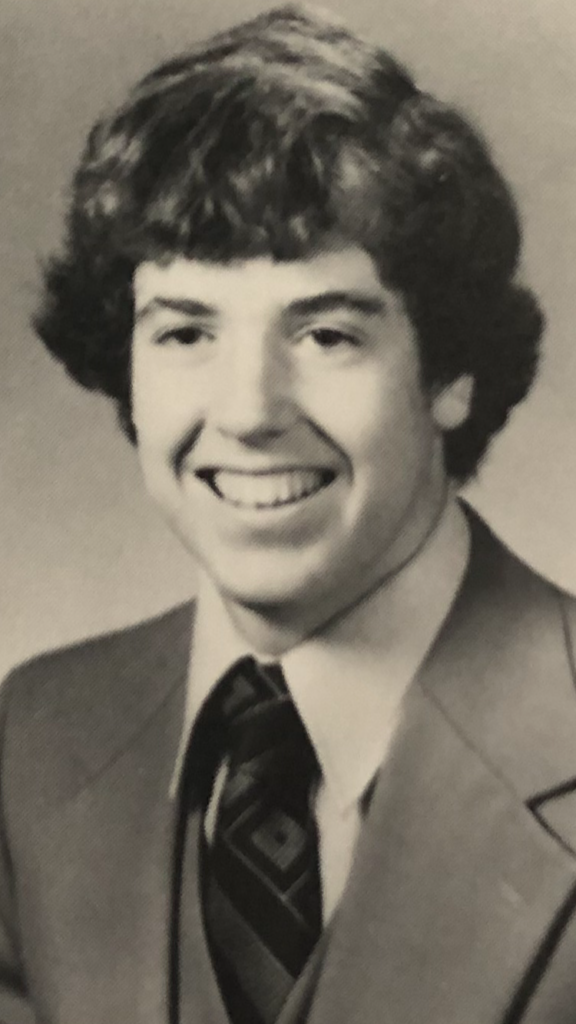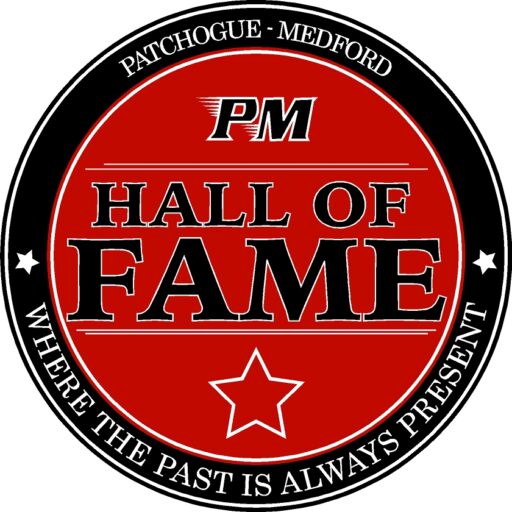James Molloy

A graduate of the PMHS Class of 1979, James Molloy was a heroic officer of the New York City Police Department who was among the first responders to the tragic terrorist attack that killed more than 2,600 people at the World Trade Center on September 11, 2001. Molloy was driving through the Brooklyn Battery Tunnel that morning on his way to work as a Deputy Inspector when the two hijacked airplanes struck the twin towers. He went immediately to the disaster site and engaged in the relentless rescue and evacuation efforts — both before and after the collapse of the buildings — which resulted in the saving of many thousands of additional lives that day. Molloy remained at “Ground Zero,” working on “the pile” for many long months afterward.
More than a dozen years later, as he was preparing to retire from his 35 years of highly decorated and distinguished service as an NYPD officer, Molloy learned that he had developed brain cancer. The rapidly spreading tumor was a direct result of his long exposure to the terribly toxic environment at Ground Zero.
Deputy Chief James Molloy died on January 30, 2017 at the age of 55, leaving his wife Mary, a retired NYPD officer, and daughters Alexa and Christina. Jim Malloy had always dreamed of being a police officer while growing up in Patchogue, where he especially enjoyed tinkering with classic cars, clamming and water skiing on the bay with his friends in the summers. He joined the NYPD in 1982 and rose through the ranks while earning advanced degrees from Marist College and the FBI Academy. After 9/11 he served in several NYPD precincts, the Organized Crime Control Narcotics Division, as well as in several Detective and Special Operations units. His proudest achievement was in becoming Deputy Chief of the NYPD Emergency Services Unit, about which it has often been said: “When people need help they call the cops. When cops need help, they call the ESU.”
There could have been no more appropriate posting for Jim Malloy. According to his friend, Joseph Murphy, Molloy often said he had no regrets about spending all that time working at Ground Zero. “Even though it cut short his life,” Murphy writes, “he was proud to have been there. It was Jim’s duty to help others — even at his own peril.”
